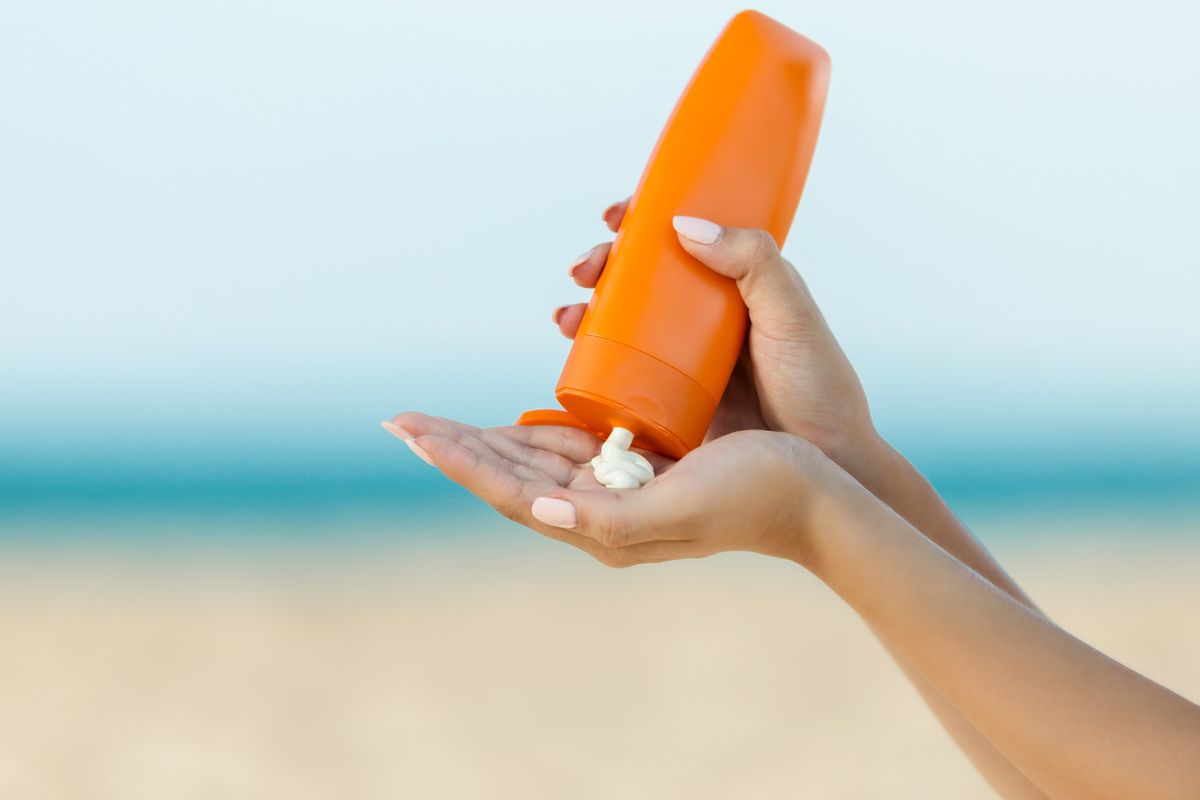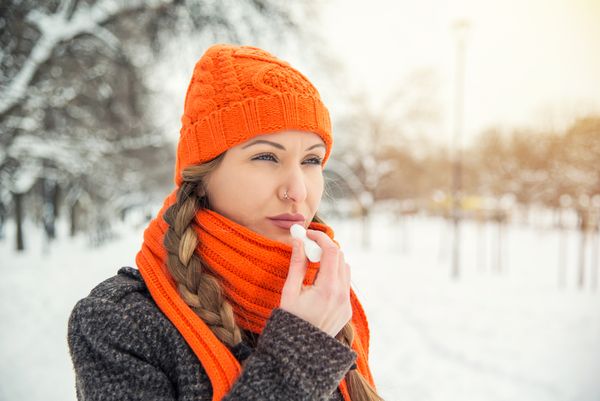The Food and Drug Administration (FDA) wants to make it easier for us to prevent sunburn and protect ourselves from skin damage and possible skin cancer. I'm all for that. The array of sunscreen products can be overwhelming.
I already have basal cell skin cancer and don't want it to get any worse. Plus, I'd like to protect my teenage daughters—and other women and girls—from the same fate. Sunscreen has come a long way from the days of my youth when we slathered on "suntan oil" to make us tan (burn) faster. Still, if you don't know what to look for and how to apply it, you may not be getting the protection you think you are.
The FDA rules announced this week won't be fully in effect until next summer, but new labeling may start showing up sooner. Here's what to look for:
- Broad spectrum. The new regulations establish a standard test for over-the-counter sunscreen products to determine which may be labeled "broad spectrum." Products that pass the test will protect against both ultraviolet B radiation (UVB) and ultraviolet A radiation (UVA). Although UVB primarily causes sunburn, both forms of UV rays can cause sunburn, skin damage and skin cancer.
- SPF. Sunscreen products that pass the FDA test must provide a sun protection factor (SPF) of 15 or higher. The higher the SPF, the greater level of overall protection. FDA also has proposed a regulation that limits the upper end of SPF labeling to "SPF 50+" because there is not adequate data to prove that products with SPF values higher than 50 provide additional protection over those with SPF 50.
- Water resistance. Claims on the sunscreen's front label must tell how much time you can expect to get the declared SPF level of protection while swimming or sweating, based on standard testing. Two times will be permitted on labels: 40 minutes or 80 minutes. Manufacturers will not be allowed to claim that sunscreens are "waterproof" or "sweatproof" and may not identify their products as "sunblocks."
- Application instructions. Sunscreens cannot claim "instant protection" (or any similar term that implies you are protected as soon as you put the sunscreen on your skin) or protection for more than two hours without reapplication, unless the manufacturer submits data and gets approval from the FDA.
The new regulations apply to sunscreens in the form of oils, creams, lotions, gels, butters, pastes, ointments, sticks and sprays. The FDA is continuing to study spray products to establish levels of effectiveness and to see if there's any danger from accidental inhalation. Until that information is available, if you (or your kids) prefer the spray sunscreens, be sure to use a lotion on and near your face and apply the spray generously to the other parts of your body.
Remember, any sunscreen not labeled as "broad spectrum" or that has an SPF value between 2 and 14 may only help protect against sunburn (and even there, your protection is minimal). These products must carry a "Skin Cancer/Skin Aging Alert" to remind you that you are not protected against skin cancer or early skin aging. Read it and heed it.
To find out more about skin cancer prevention, read more:
Skin Cancer Warning Signs and the Importance of Annual Screenings
Skin Cancer Is No Day at the Beach
The Lowdown on the Sun







